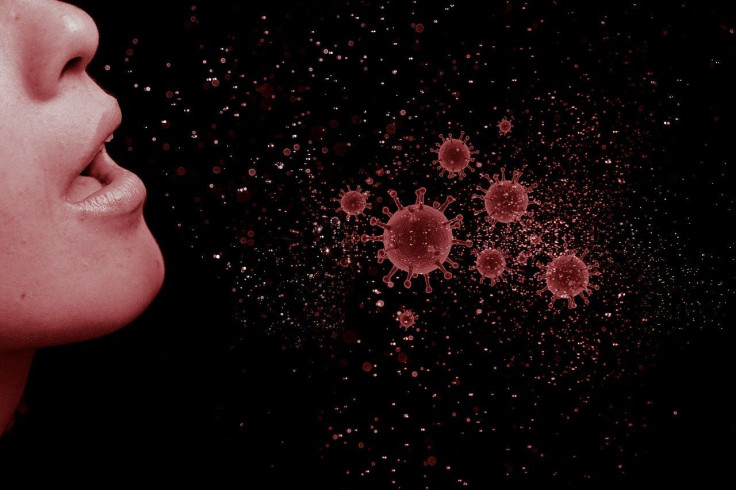Shh! Keep Your Voice Down to Slow COVID-19 Spread

“Say it, don’t spray it.”
The old adage is now being hailed by experts as a way to slow the spread of the coronavirus. Research analyzed by The Atlantic suggests talking more quietly — or not at all — can drastically reduce the rate of COVID-19 transmission.
The virus primarily spreads through particles that exit our nose and mouth when we sneeze, cough, sing and — you guessed it — speak. These particles fall onto nearby surfaces or linger in the air, waiting to be inhaled by passersby. Wearing a mask acts as a barrier between these potentially virus-laden particles and the people around you. But speaking quietly drastically reduces the amount of particles pushed into the air in the first place.
In a study published in June in the Proceedings of the National Academies of Sciences, researchers recorded volunteers as they spoke a phrase. Their data concluded that loud talkers are more likely to spew more droplets, which could potentially contain COVID-19, than their soft-speaking counterparts.
One disease transmission specialist, Jose L. Jimenez, PhD, from the University of Colorado at Boulder, told The Atlantic: “People need to understand that this virus is in the air, and that they breathe out 10 times more virus when they are shouting or speaking loudly.”
According to Dr. Jiminez, staying completely silent makes you 98% less likely to transmit airborne particles compared to speaking at a loud volume. If you whisper and speak softly, you are 80% less likely to spread those droplets. That means speaking more quietly — or not at all — can be nearly as effective as masks when it comes to slowing the spread of COVID-19.
“The truth is that if everybody stopped talking for a month or two, the pandemic would probably die off,” Dr. Jimenez said.
So next time you’re chatting with a friend or outdoor dining, keep your voice down. It might help keep the people around you safe.



























